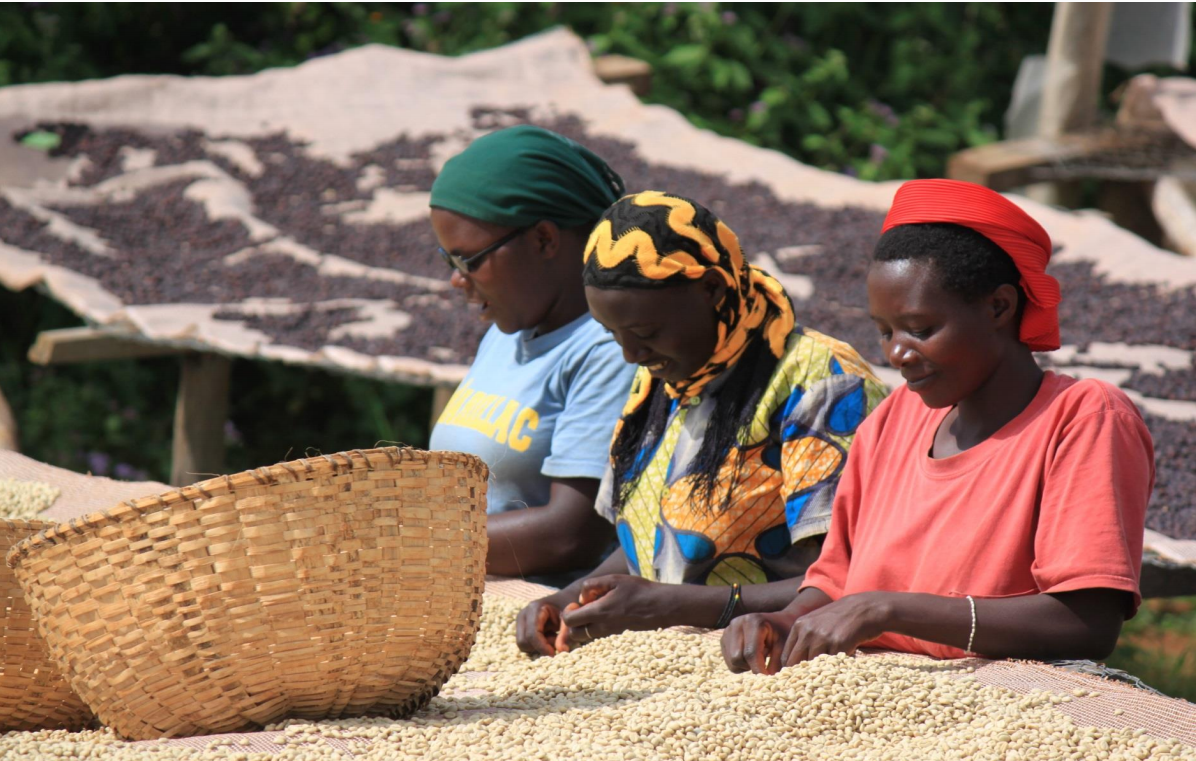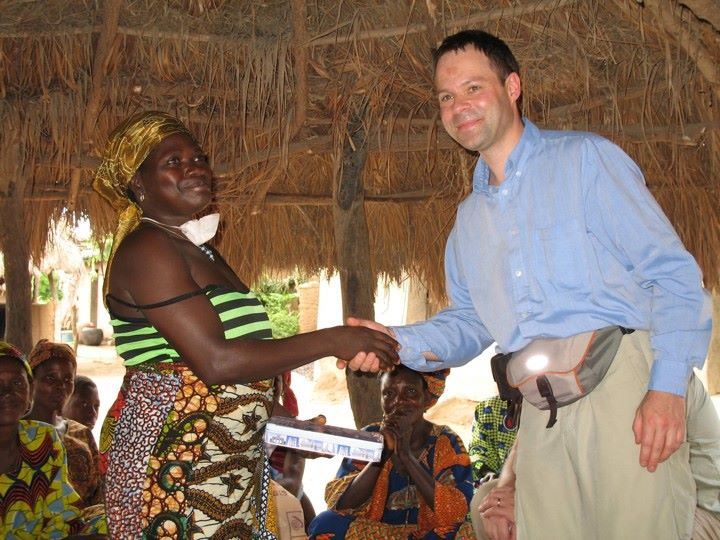In regions where existing ecosystems suffer from human pressure, tourism can provide part of the solution.
Inspired by successful experiences elsewhere in the world, the Honeyguide Foundation, with the financial assistance of the Trade for Development Centre, supports the development of sustainable tourism in the north of Tanzania. The Maasai population is given an extra financial incentive to protect its natural environment.











